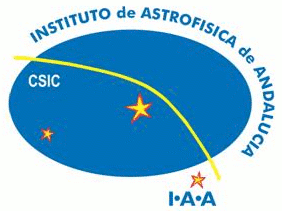Fractal behaviours, i.e. scale invariance in spatio-temporal dynamic, have been found, described and modelled in many systems in nature, in particular in fluid mechanics and geophysical related geometrical objects, as the convective boundary layer of cumulus cloud fields, topographic and river networks patterns, solar granulation patterns, and in observational astrophysical time series, like light curves from pulsating stars.
The main interest in the study of fractal properties in such physical phenomena lies in the close relationships they have with different underlying dynamic, i.e. depending on the system, chaos, turbulence, stochastic reaction-diffusion processes.
In this talk I will introduce the concepts of fractal, multi-fractal and self affine objects, and a wide range of statistical tools for their analysis. Particular attention will be devoted to the Coarse Graining Spectral Analysis (CGSA), a Fast Fourier Transform based algorithm, which exploiting the peculiar phase distribution in self-similar time series in order to separate in a general time series the (stochastic) fractal power spectra from the harmonic one.
An interesting application of fractal analysis in astrophysics concerns in the develop of classification criteria and algorithms for the identification of delta Scuti, gamma Doradus and Solar-like pulsating stars. In fact from the fractal and multi-fractal fingerprints in light curves, which emerges at the onset of chaos, we could infer on the mechanism of modes excitation and/or on the magnetic activity in the outer convective region.
Sebastiano de Franciscis






